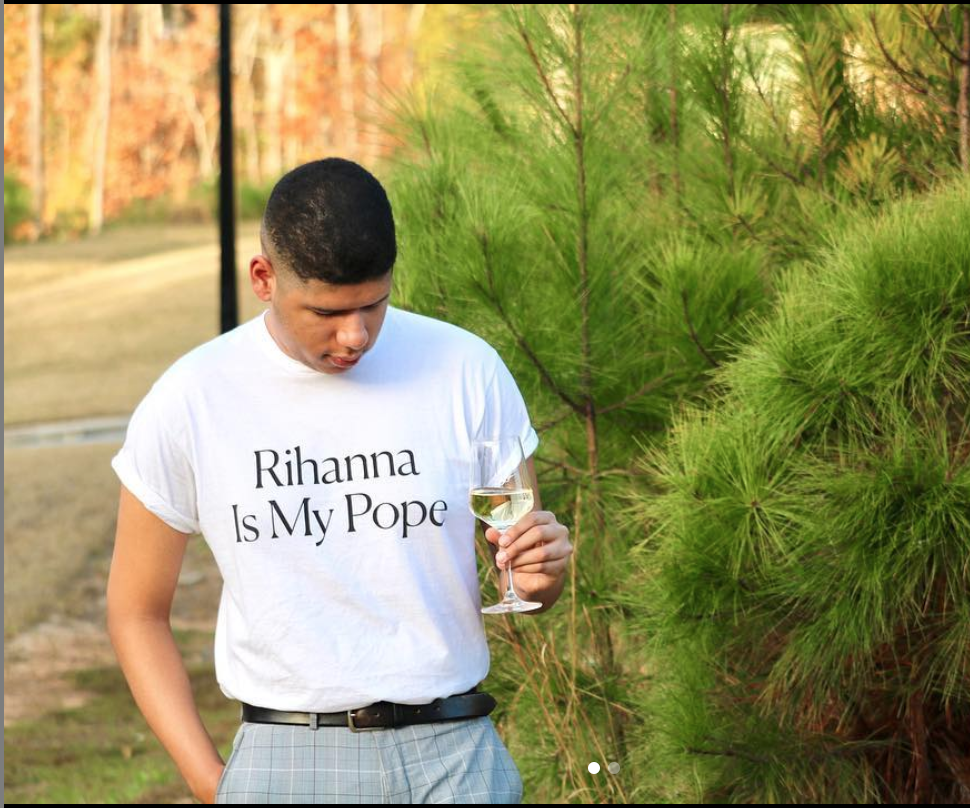Benefiting from white privilege does not automatically make you a bad person. It’s what you do with this privilege that will determine how the world sees you. Mitú did a great video explaining how white Latinos benefit from white privilege. Here are the biggest takeaways from that video.
1. The difference between Latino and Hispanic
The Hispanic community encompasses communities from countries all over the world. Latinos, specifically, refer to countries in Latin America. Just the same as in the black community, people who are light-skin make up a lot of who we see in representation. Part of the job of those who benefit from this privilege is to uplift and remember their not-so-fair-skinned ancestors.
2. How white Latinos experience white privilege
In speaking about the colonization of Latin American countries, they mention that the Europeans didn’t only leave deadly infectious diseases. They also left their mark in leaving their euro-centric features: light eyes and fair skin. Latinos, who can pass as white, usually experience less racism. Kat Lazo, who is the person speaking the video says, “white privilege doesn’t mean you’re a bad person. It just means you might not face certain obstacles because of the way you look.”
3. Racism also comes from within the community
Lazo also recalls a story about how she benefitted from white privilege when she went to a friend’s house with her Afro-Latina friend and her boyfriend. The boyfriend’s family said, “why don’t you date a Latina more like [her]?” Whether knowingly or unknowingly, there are biases from within the communities either from history or just plain ignorance. A way to move forward is to look within these communities, educate and move forward.
4. The color of your skin doesn’t exempt you from racism
Everything is all fine and dandy until you start speaking Spanish. Light-skin Latinos are not totally exempt from racism. If there is anything videos of racist people telling others that “we speak English in America,” it’s this.
5. We cannot let it divide us
The only way to overcome this disparity is through it and together. Just as we see at home, division gets nothing done. What’s good for a majority is what’s good for everyone. We need to work on this problem facing our community together to come out on the other side.

Moises is a full-time freelance writer based in New York City. He graduated from the Craig Newmark Graduate School of Journalism at CUNY. He reports mainly on arts and culture.



